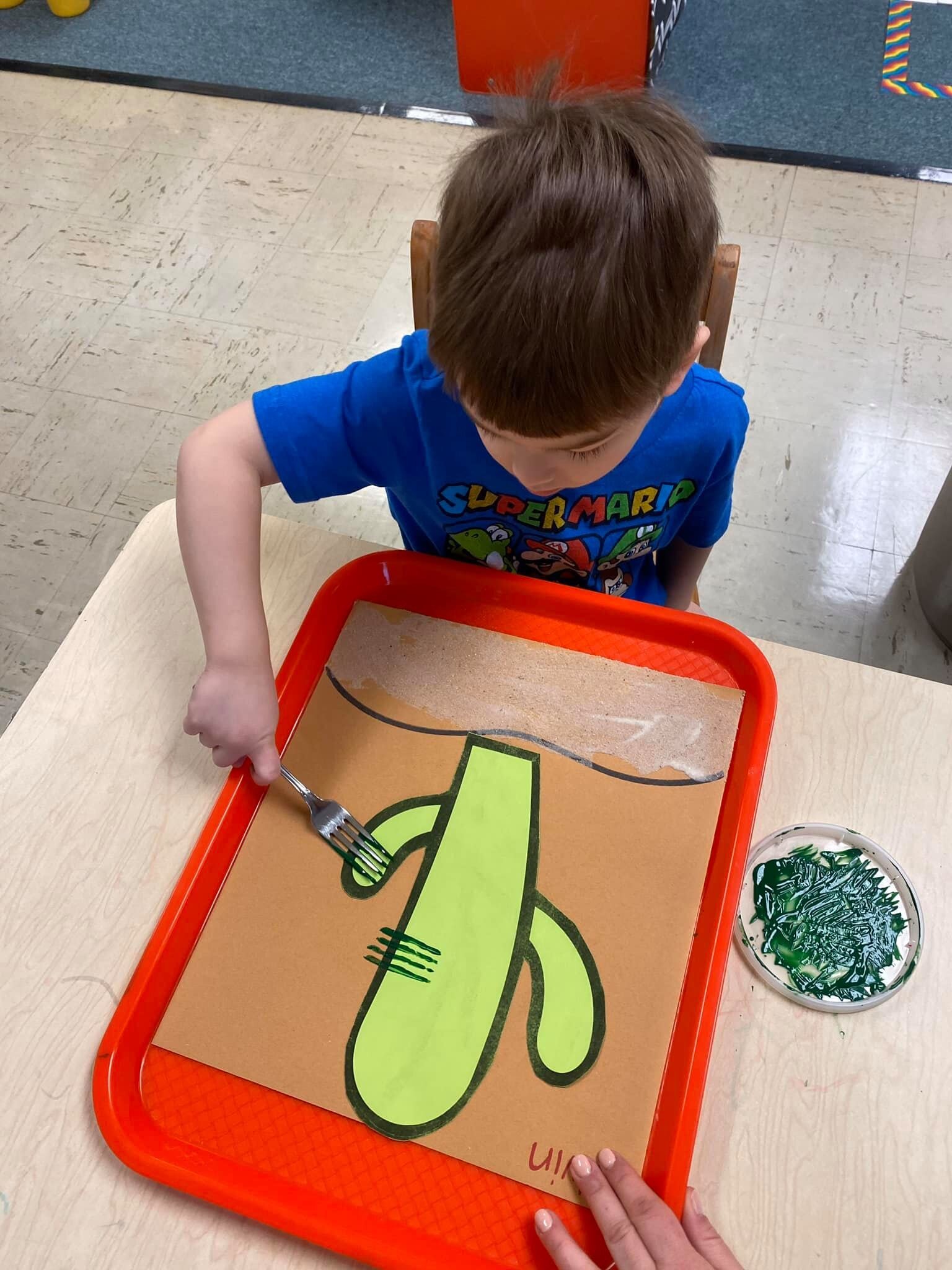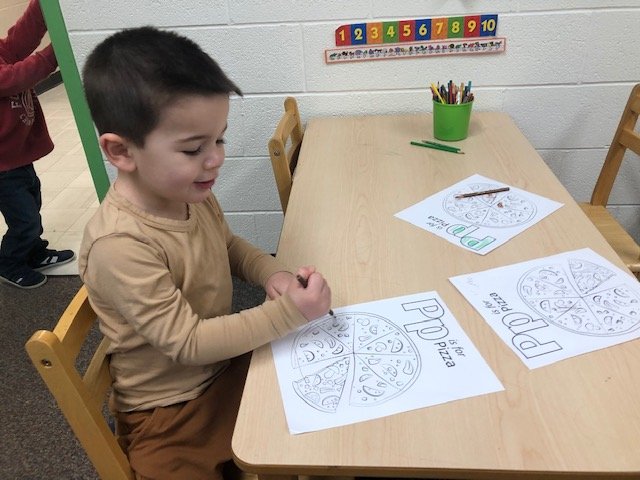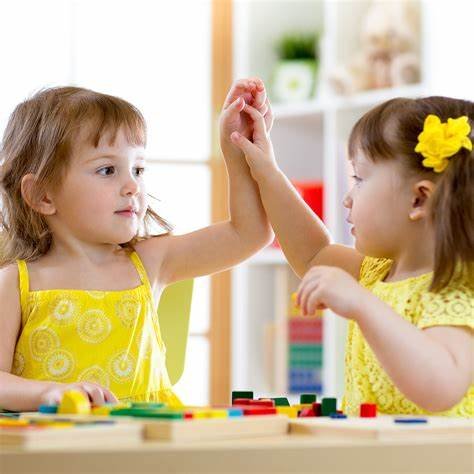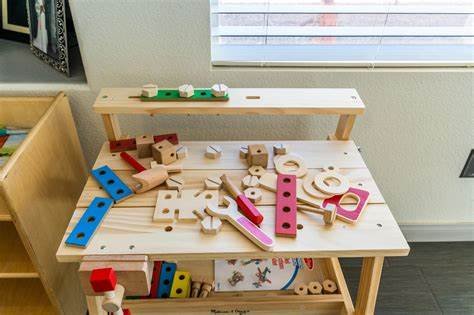Preschool is a critical time for young children, as it marks the beginning of their educational journey. During these early years, preschool teachers play an essential role in fostering the growth of self-esteem and confidence in young learners. By providing a nurturing, supportive, and engaging environment, teachers can empower children to take on new challenges, embrace their abilities, and develop a positive outlook on learning.
Here’s how preschool teachers help build confidence in young learners:
1. Encouraging Independent Learning
One of the key ways preschool teachers help build confidence is by encouraging children to take ownership of their learning. Teachers often provide opportunities for children to make decisions, choose activities, and solve problems on their own. By empowering children to take initiative, teachers help them develop a sense of independence and pride in their accomplishments.
For example, teachers may set up learning centers where children can explore various activities on their own, such as building with blocks, drawing, or sorting objects. These opportunities allow children to build confidence in their abilities and feel a sense of achievement when they complete tasks successfully.
2. Providing Positive Reinforcement
Preschool teachers are experts at recognizing and celebrating small successes. By offering praise and positive reinforcement, teachers help children develop a growth mindset and a belief in their abilities. Whether it’s a compliment for completing a task, encouragement for trying something new, or recognition for effort, positive reinforcement boosts a child’s self-esteem and motivates them to continue learning.
When teachers praise effort rather than just results, it helps children understand that learning is a process, and mistakes are part of that journey. This approach fosters resilience and builds a child’s confidence to keep trying, even when faced with challenges.
3. Creating a Safe and Supportive Environment
A supportive classroom environment is crucial for building confidence in young learners. Preschool teachers create spaces where children feel safe to express themselves, ask questions, and explore new ideas. When children know they are supported and accepted, they are more likely to take risks and try new things without fear of failure.
Teachers establish routines and structures that promote a sense of security, helping children feel comfortable in the classroom. A predictable environment allows children to focus on learning, knowing that they have the guidance and encouragement they need from their teachers.
4. Fostering a Growth Mindset
Preschool teachers help children develop a growth mindset by emphasizing the importance of effort, persistence, and learning from mistakes. Instead of focusing on fixed abilities, teachers encourage children to see challenges as opportunities to grow and improve.
For example, when a child struggles with a new task, the teacher might say, “You didn’t get it this time, but I know you can keep trying!” This kind of feedback helps children understand that effort leads to improvement, and they can achieve success through practice and perseverance.
5. Setting Realistic Goals
Preschool teachers understand the importance of setting age-appropriate goals that challenge children without overwhelming them. By setting small, achievable goals, teachers help children experience success regularly, which builds confidence. As children accomplish these goals, they gain a sense of pride and a belief in their ability to tackle more complex tasks in the future.
Teachers may set goals such as learning to tie their shoes, completing a simple puzzle, or following a routine independently. Each goal is celebrated, reinforcing the child’s sense of achievement and encouraging them to take on the next challenge.
6. Modeling Confidence and Positivity
Preschool teachers also serve as role models for confidence and positivity. By modeling how to approach challenges with a positive attitude and how to stay calm under pressure, teachers teach children the value of maintaining confidence in themselves. When children see their teachers handling tasks with confidence, they learn that confidence is a trait they can cultivate themselves.
Teachers also encourage positive self-talk, reminding children that they are capable and valuable. This helps children internalize positive messages about themselves, which reinforces their self-esteem.
7. Encouraging Social Interactions
Social interactions are key to building confidence in preschoolers. Teachers provide opportunities for children to interact with their peers, helping them develop social skills such as sharing, taking turns, and working together. These interactions give children the chance to practice communication, problem-solving, and emotional regulation, all of which contribute to their confidence.
By guiding children through social situations and helping them navigate conflicts, teachers ensure that children feel comfortable interacting with others. As children build positive relationships with their peers, they feel more confident in their social abilities.
8. Celebrating Individuality
Preschool teachers celebrate each child’s unique strengths and talents, helping them feel valued for who they are. Whether it’s a talent for drawing, a love for music, or an ability to help others, teachers recognize and acknowledge the individual qualities that make each child special.
This appreciation for individuality encourages children to embrace their own abilities and interests, leading to higher self-esteem and confidence. When children feel seen and appreciated, they are more likely to develop a strong sense of self-worth.

9. Promoting Teamwork and Collaboration
While individual confidence is important, learning how to collaborate with others is also a key aspect of building confidence. Preschool teachers organize activities that encourage teamwork, such as group art projects, games, or cooperative tasks. By working with others, children learn to trust in their abilities and rely on others, fostering both social and academic confidence.
These collaborative experiences also teach children valuable life skills, such as compromise, leadership, and communication. As children work together, they gain a sense of accomplishment as a team, which reinforces their confidence in both group and individual settings.
Conclusion
Preschool teachers play a crucial role in building confidence in young learners by creating an environment that supports growth, learning, and positive self-esteem. Through encouragement, praise, and opportunities for independent learning, teachers empower children to believe in themselves and their abilities. As children gain confidence in preschool, they are better equipped to tackle challenges, take on new tasks, and continue growing both academically and personally. The support of preschool teachers is essential in helping children develop the confidence they need to succeed in school and beyond.










